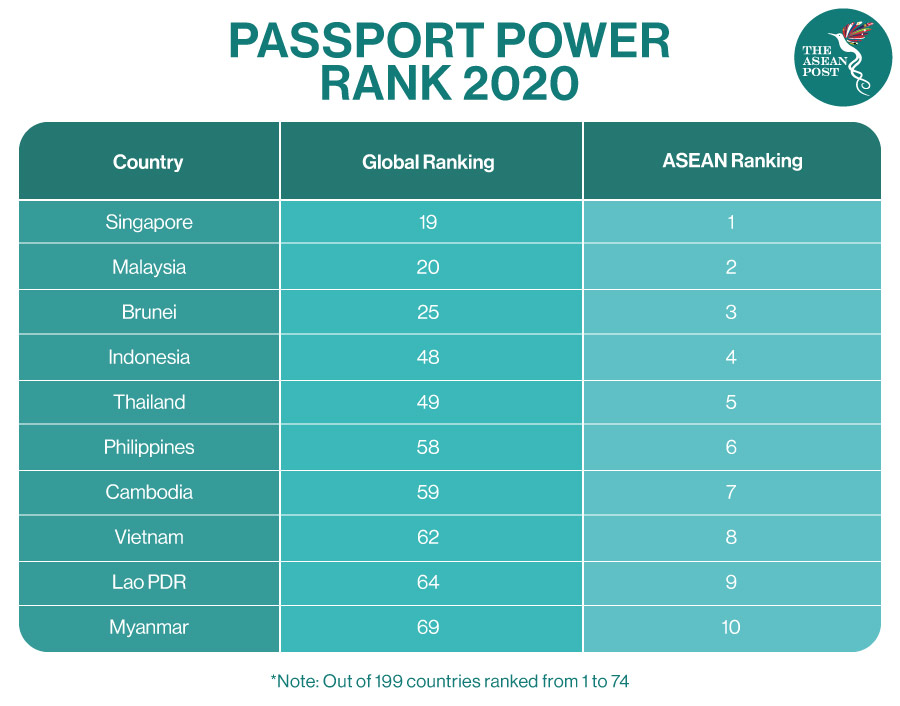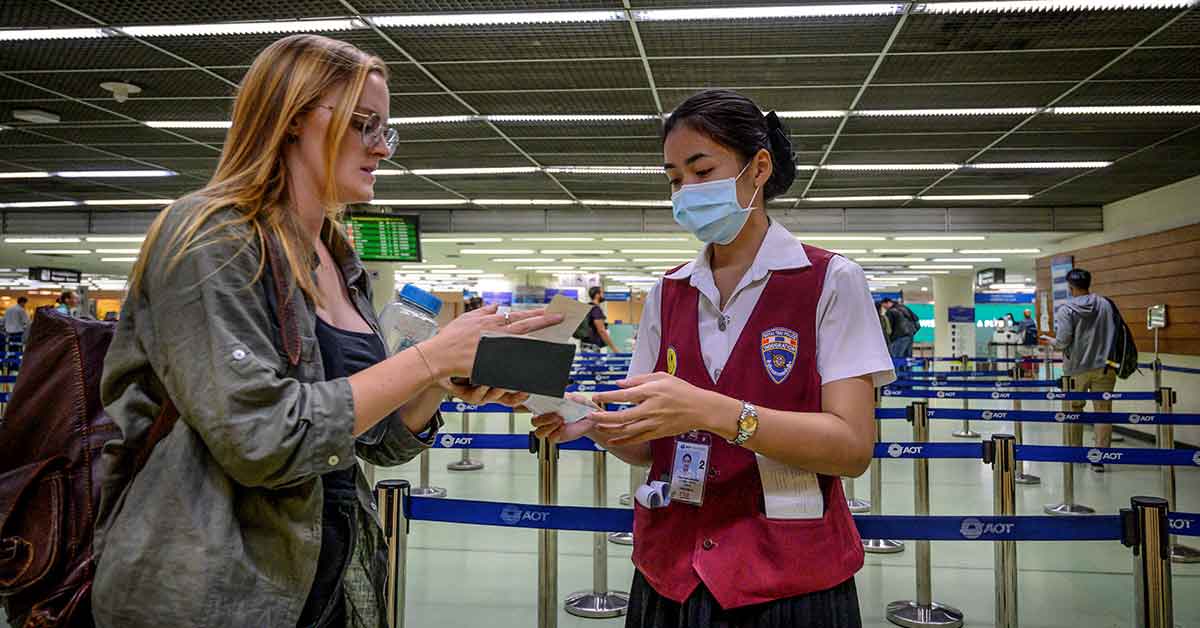Most industries have been severely impacted by the COVID-19 pandemic with some hit more than others. When the deadly virus first broke out in Wuhan, China, one of the first sectors to feel the brunt of the coronavirus was tourism. COVID-19 preventative measures such as travel restrictions, lockdowns and social isolation – albeit necessary – have hurt economies especially countries most reliant on tourism.
According to the Passport Index, the pandemic shrank the World Openness Score by 65 percent. This resulted in a 56 percent drop in tourist arrivals globally. To note, the World Openness Score is a measure that tracks the ability of the world’s population to travel visa-free.
Passport Index, which curates, sorts and ranks the world’s passports has recently released its Global Passport Power Rank 2020.
Despite the coronavirus crisis, European passports remain the most powerful ones. Germany, along with Luxemburg, Spain, South Korea and New Zealand are now ranked at number one for this year. Whereas both Afghanistan and Iraq sit at the bottom of the rank at number 74.
“Germany’s excellent response and handling of COVID-19 crisis has contributed to its favourable passport ranking as more countries around the world trust German travellers even in times of crisis,” said the Passport Index.
Nevertheless, countries like the United Arab Emirates and United States (US), among others who enjoyed visa-free access to Europe, suffered the most, having lost over 50 percent of their power and representing a drop of more than 80 points in their Mobility Scores. According to the Passport Index, Mobility Scores refers to the total number of countries that can be easily accessed with a given passport.
As for the Southeast Asian region, unsurprisingly, Singapore ranks first among the rest of the ASEAN member states and placed at number 19 in the global ranking. The island-state shares this position with Albania, Moldova and the US. This is then followed by Malaysia in number 20 of the Global Passport Power Rank as its holders enjoy visa-free access to 59 countries, and then Brunei which is in 25th place.
The lowest-ranking member states in the region for this year are Vietnam, Lao PDR and Myanmar at 62, 64 and 69, respectively. Myanmar shares the lowest spot for an ASEAN member state with Ethiopia, Libya, Nepal and North Korea.

ASEAN’s Tourism Industry
Despite the Passport Index’s recent global rankings, one can agree that our passports are perhaps one of the least used items, intended for international travel, this year.
Just last year, ASEAN was able to attract an estimated 133.1 international travellers, including some 60 million Chinese travellers. Nevertheless, 2020 proved to be a challenge for the tourism industry in the region. Thailand, which had the most tourist arrival numbers in 2019, saw a 70 percent decrease year on year in the first seven months of 2020.
Back in April, ASEAN tourism ministers held a special meeting focusing on mitigating and restoring the tourism sector in the region, for both during and after the pandemic.
“Some studies say at least it will take five years for the tourism sector to return to normal from COVID-19. But I believe ASEAN can be better than that. Tourism in our region will recover faster but with one condition, we must strengthen cooperation and collaboration,” said Angela Tanoesoedibjo, Indonesia’s Deputy Minister of Tourism and Creative Economy, who attended the meeting on behalf of the populous country.
Some cooperation that the member states agreed to in order to accelerate the recovery of the tourism sector include to foster ASEAN coordination in accelerating the exchange of information and also intensifying collaboration of ASEAN National Tourism Organisations (NTOs) with other relevant ASEAN sectors.
Travel Bubble
Recently, there has been talk of “travel bubbles” as well. According to Wego, a Singaporean online travel agency, travel bubbles are “an exclusive partnership between neighbouring or nearby countries that have demonstrated considerable success in containing and combating the COVID-19 pandemic within their respective borders.”
“These countries then go on to re-establish connections between them by opening up borders and allowing people to travel freely within the zone without having the need to undergo on-arrival quarantine,” noted Wego.
For example, Singapore and Hong Kong have announced that they have reached a preliminary agreement to establish a travel bubble, allowing residents to travel freely between the two financial hubs as long as they test negative for the virus.
It was reported that Thailand is also in talks with China to establish a quarantine-free travel corridor by January 2021 in order to rescue its virus-hit tourism industry.
Related Articles:
